#alex descas
Text
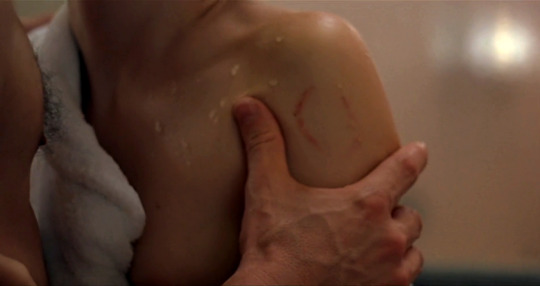
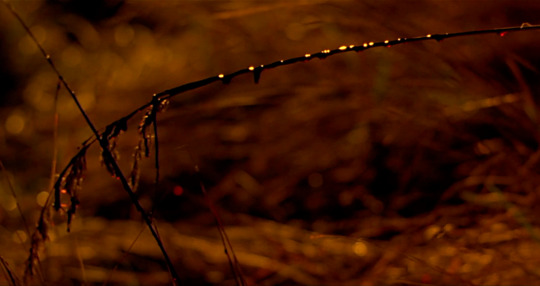
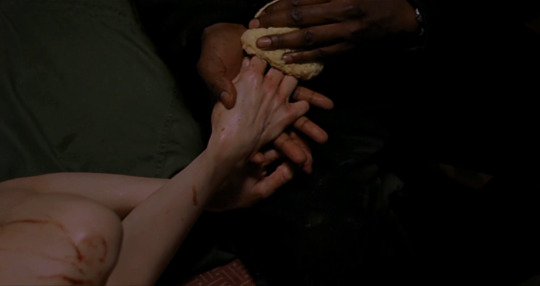
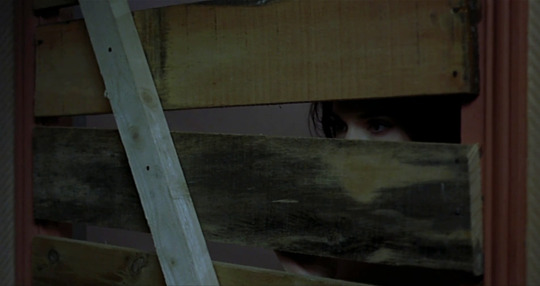
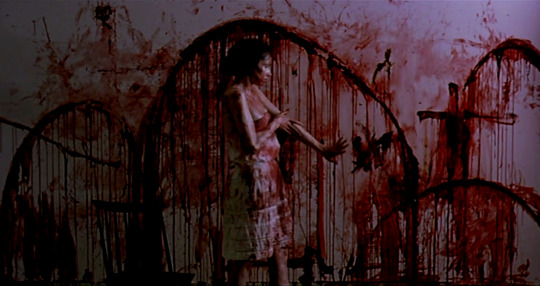
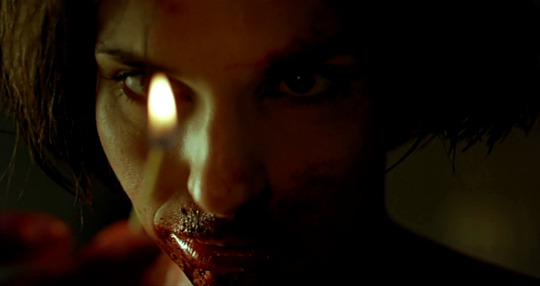
Trouble Every Day (2001)
#trouble every day#trouble every day 2001#claire denis#béatrice dalle#vincent gallo#tricia vessey#alex descas#2000s#2001#horror#filmedit#film#cinema#movies
95 notes
·
View notes
Text



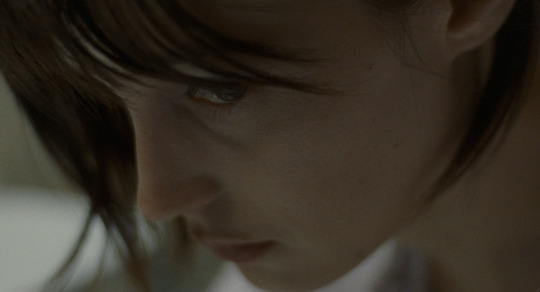

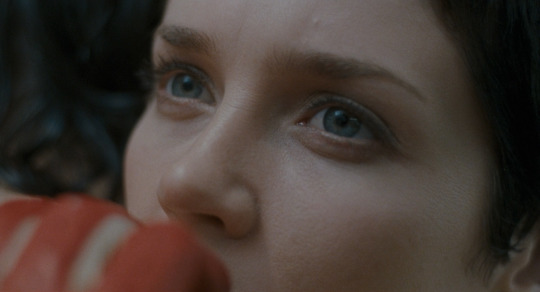
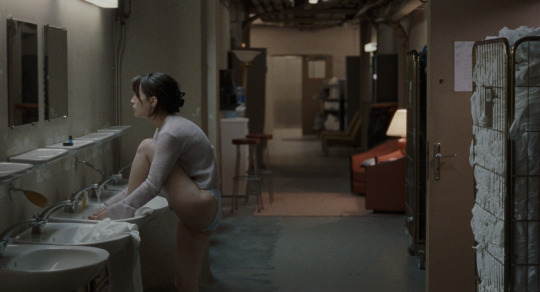
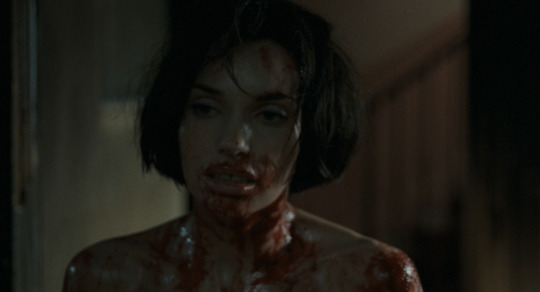

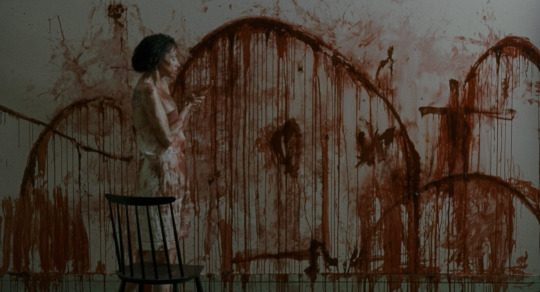
Trouble Every Day (Claire Denis, 2001)
#beatrice dalle#vincent gallo#Tricia Vessey#claire denis#trouble every day#female filmmakers#female directors#female directed films#women in film#female screenwriters#alex descas
126 notes
·
View notes
Text


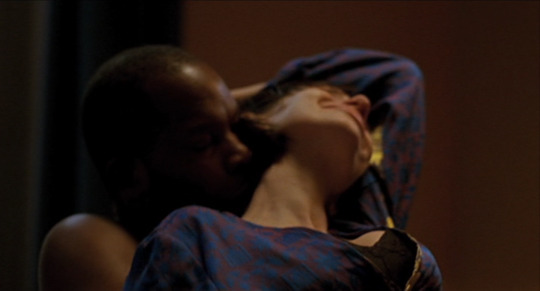

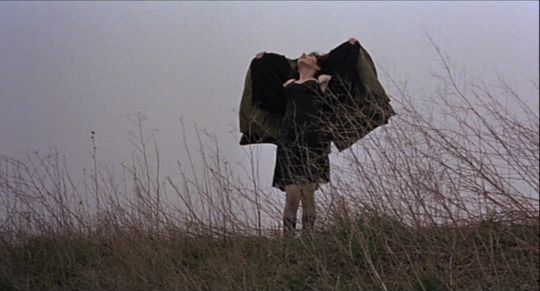

Trouble Every Day (2001) Dir. Claire Denis
#trouble every day#claire denis#beatrice dalle#vincent gallo#alex descas#tindersticks#film#films#movie#movies#edit#horror
208 notes
·
View notes
Text
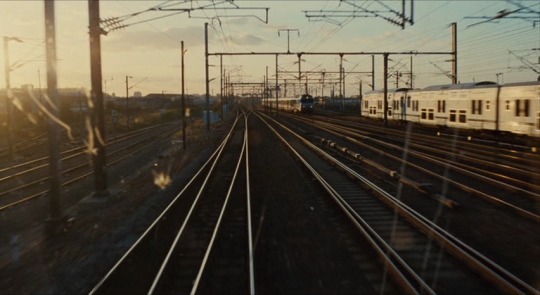
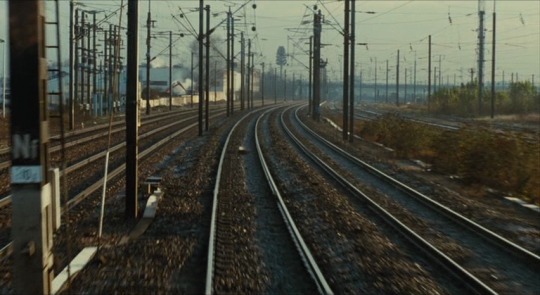


#35 shots of rum#35 rhums#claire denis#did everyone try the empty nest syndrome?#mati diop#alex descas
10 notes
·
View notes
Text



Trouble Every Day
[Claire Denis 2011]
#CLAIRE DENIS#trouble every day#béatrice dalle#tindersticks#great directors#jean pol fargeau#jean luc nancy#agnes godard#Vincent Gallo#film#cinema#movies#french film#nicolas duvauchelle#alex descas#cannibal love#philosophy
32 notes
·
View notes
Text

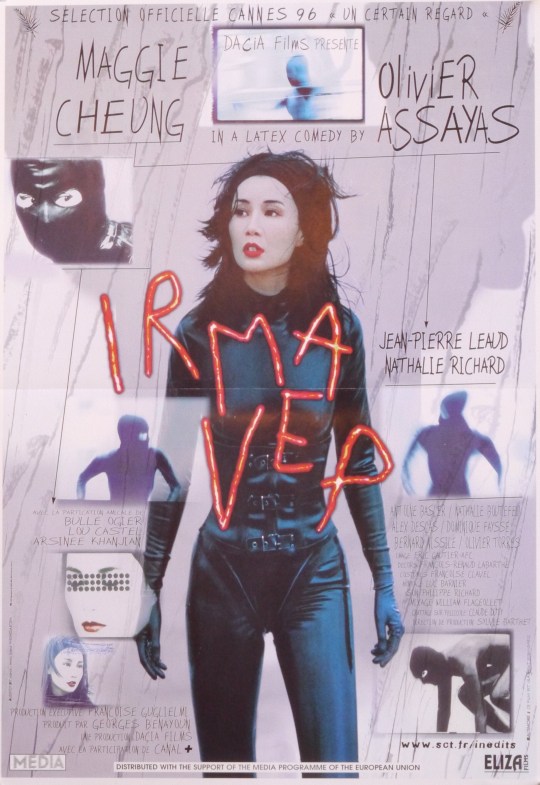
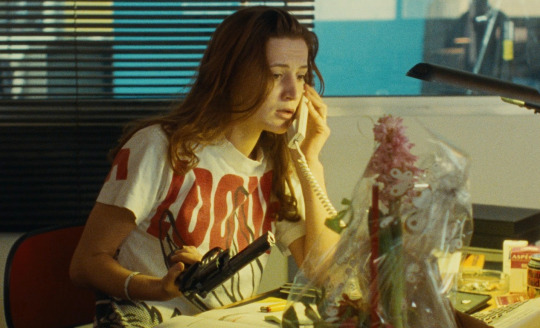

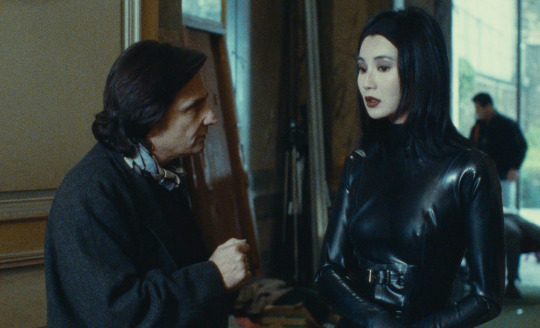


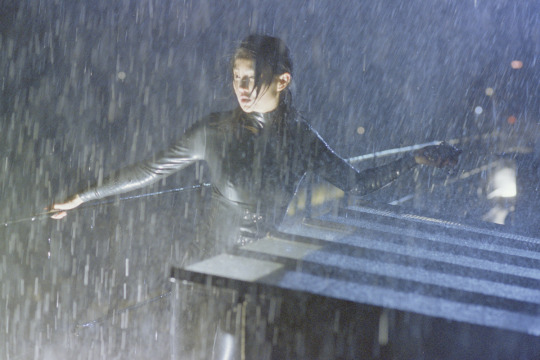
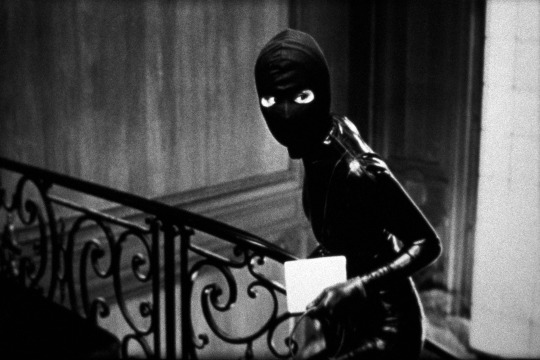
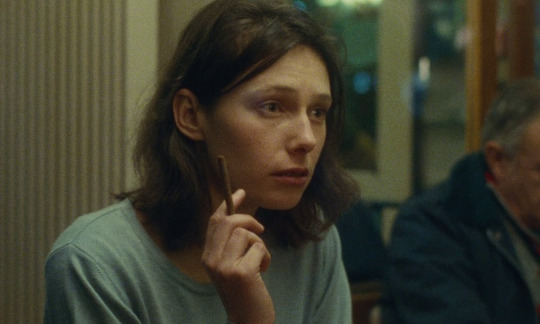
Irma Vep (1996) Olivier Assayas
January 7th 2024
#irma vep#1996#olivier assayas#maggie cheung#jean-pierre léaud#nathalie richard#nathalie boutefeu#alex descas#dominique faysse#bernard nissile#olivier torres#lou castel#Arsinée Khanjian
4 notes
·
View notes
Text

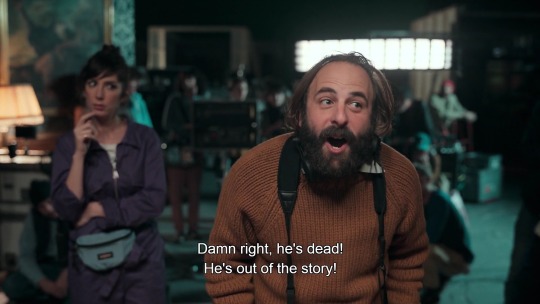
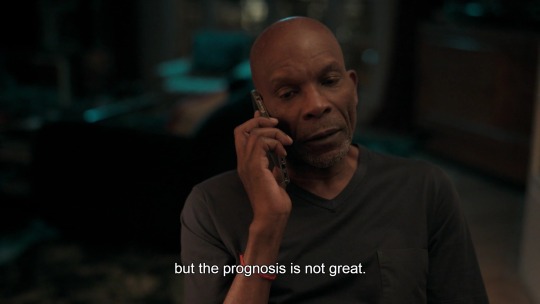

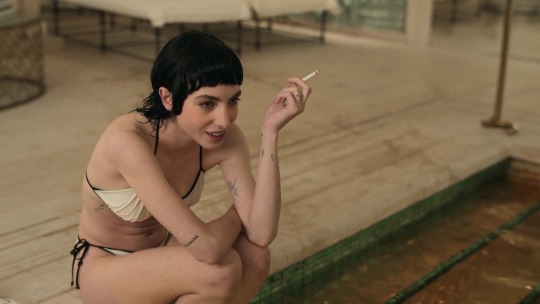
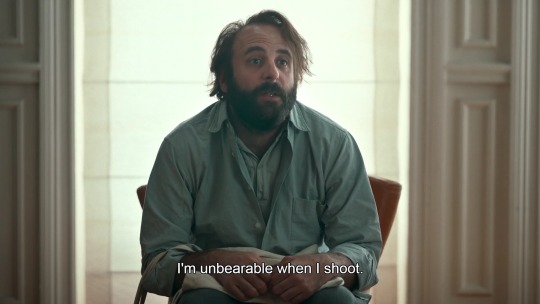
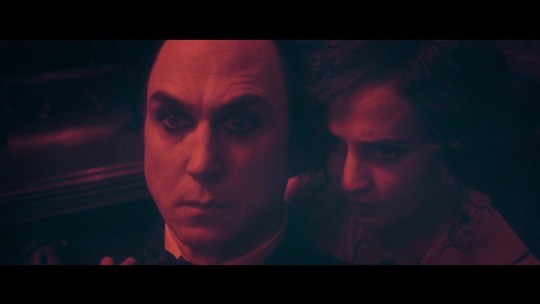

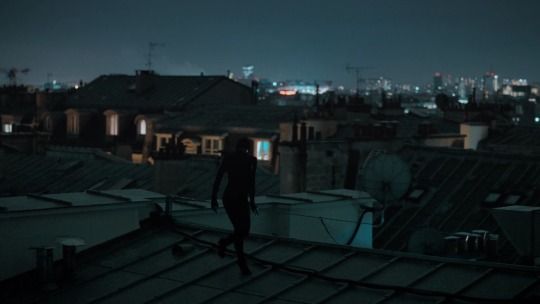
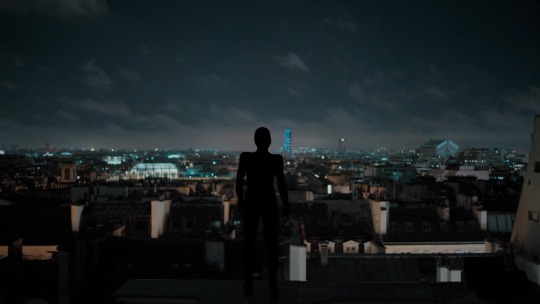
#irma vep#irma vep hbo#the thunder master#olivier assayas#alicia vikander#vincent macaigne#nora hamzawi#alex descas#byron bowers#devon ross#lars eidinger#dope shit
6 notes
·
View notes
Photo

Boarding Gate
directed by Olivier Assayas, 2007
#Boarding Gate#Olivier Assayas#movie mosaics#Asia Argento#Carl Ng#Michael Madsen#Kelly Lin#Alex Descas#Kim Gordon
7 notes
·
View notes
Text
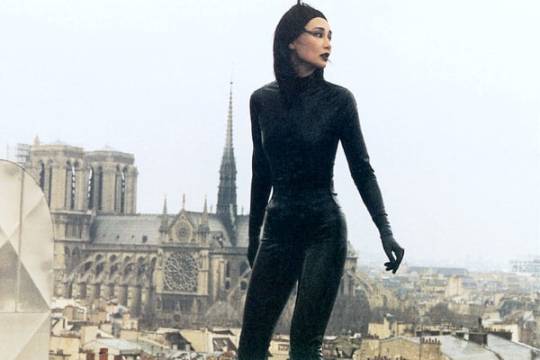
.
Why do we do what's already been done? Why don't we do more personal films?
Irma Vep, Olivier Assayas (1996)
#Olivier Assayas#Maggie Cheung#Jean Pierre Léaud#Nathalie Richard#Nathalie Boutefeu#Alex Descas#Bulle Ogier#Lou Castel#Jacques Fieschi#Dominique Faysse#Bernard Nissile#Eric Gautier#Philippe Richard#Luc Barnier#1996
0 notes
Text
Trouble Every Day (2001)
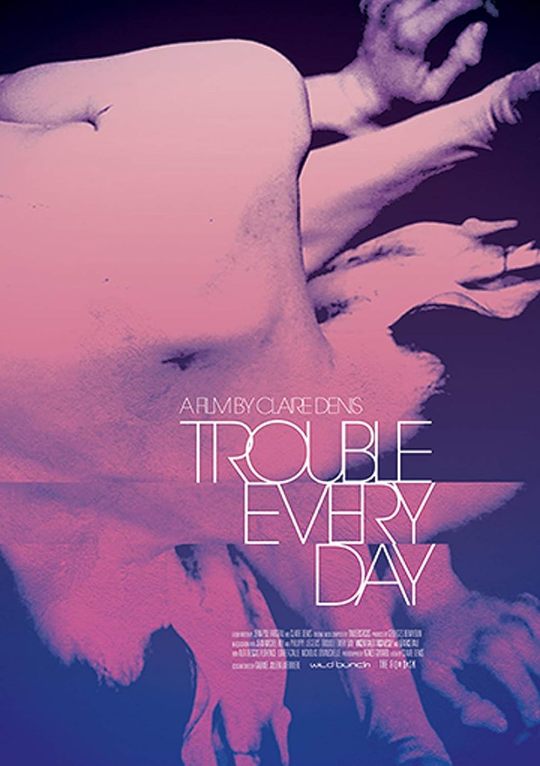
Movie #1,023 • Part of My CLAIRE DENIS Director Focus
I swear I'm not trying to be contrarian. I'm not sure why the Denis films I've found myself the most engaged by have been what the consensus seems to think is her lesser work. (Posit this thought with a grain of salt, however: an auteur like this is going to inspire a wide array of takes in general.)
This oblique quasi-vampire tale is easily the most disgusting film she's ever made by a mile (Vincent Gallo bites of a lady's vagina during a rape-murder scene). But it also falls right in line with her less is more aesthetic as far as context is concerned. She loves asking far more questions than she ever attempts to answer. That alone can be a frustrating roadblock but when it works, it tends to really work, and I thought this was easily one of her best movies yet because of it.
And while the audience is certainly tasked with some heavy lifting as far as 'figuring shit out' goes, I thought Trouble Every Day had perhaps the most tangible plot of her filmography to date. Still, while its elusive nature — and that of her work on the whole — has made parsing the themes rather difficult, it's a good problem in the end. Even bad CGI fire doesn't change that...
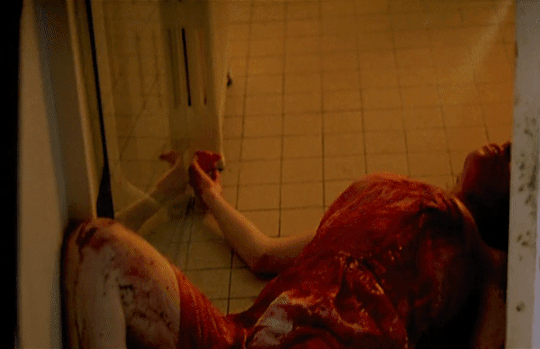
SCORE: ⭐️⭐️⭐️⭐️⭐️⭐️⭐️⭐️
1 note
·
View note
Text
'The Intruder' – a sensual odyssey on Criterion Channel
Claire Denis’s vivid and visceral The Intruder (France, 2005) stars Michel Subor as Louis Trebor, a grizzled old lone wolf who has left the herd for a solitary existence in the Northern wilderness. Or so it seems from the first images, wandering through the wilds under his hard, tight face etched with years and mane of white hair, leading a pack of dogs.
Louis may be a Russian spy, he certainly…

View On WordPress
#2005#Agnes Godard#Agnès Godard#Alex Descas#Beatrice Dalle#Claire Denis#Criterion Channel#DVD#France#Grégoire Colin#Gregoire Colin#Katia Golubeva#Michel Subor
0 notes
Photo

Coffee and Cigarettes (2003) with Alex & Isaach
0 notes
Photo

Mati Diop and Alex Descas in 35 Shots of Rum (Claire Denis, 2008)
Cast: Alex Descas, Mati Diop, Nicole Dogué, Grégoire Colin, Julieth Mars Toussaint, Adèle Ado, Jean-Christophe Folly, Ingrid Caven. Screenplay: Claire Denis, Jean-Pol Fargeau. Cinematography: Agnès Godard. Production design: Arnaud de Moleron. Film editing: Guy Lecorne. Music: Tindersticks.
If I hadn't read that Claire Denis said that 35 Shots of Rum was inspired by Yasujiro Ozu's Late Spring (1949), I'm not certain I would have spotted it. But once I learned that fact, it became obvious. Both films are about widowers living with their daughters, and both end with the daughter's marriage and the father contemplating loneliness. I would have to rewatch Late Spring to cite other parallels, but the central fact is that both films share a bittersweet, melancholy tone. The fact that Lionel (Alex Desecas) and Jo (Mati Diop) are Black lingers as a subtext in the film, the way the devastation of Japan in the war lingers in the background of Ozu's films, surfacing in Denis's film when the anthropology class Jo attends begins to discuss postcolonialism, with references to the radicalism of Frantz Fanon and other writers. Mostly, however, we stay in the enclosed world of Lionel and Jo and their friends, Gabrielle (Nicole Dogué) and Noé (Grégoire Colin). One of the film's challenges (and delights) is that Denis plunges us into their world without exposition, leaving us to discover the relationships (and even the names) of the characters as the narrative unfolds. For a while at the start of the film, I took Lionel and Jo to be a married couple or lovers, so close is their relationship, until it became apparent that they were father and daughter. Even the title takes some time to work out its significance: It refers to a ritual drinking bout that's supposed to occur at important celebrations, and we first see it at the retirement party of René (Julieth Mars Toussaint), Lionel's fellow driver in the metropolitan Paris train system. Though Lionel gets fairly inebriated, he decides the occasion isn't important enough to consume all 35 shots of rum. Eventually, René is unable to cope with loneliness and lack of purpose after the mandatory retirement and kills himself on the train tracks where Lionel is driving. René's death adds poignancy to Lionel's facing life alone after Jo marries -- a wedding at which he does indeed go through with the 35 shots ritual. Denis's film is a subtle, moving delight, full of details that are enough to provoke extended contemplation or even a rewatching. Decas and Diop (who would go on to direct her own fine film, Atlantics, in 2019) give quietly extraordinary performances.
1 note
·
View note
Text


CALIFICACIÓN PERSONAL: 6 / 10
Título Original: Lumumba
Año: 2000
Duración: 109 min
País: Francia
Dirección: Raoul Peck
Guion: Raoul Peck, Pascal Bonitzer
Música: Jean-Claude Petit
Fotografía: Bernard Lutic
Reparto: Eriq Ebouaney, Alex Descas, Théophile Moussa Sowié, Maka Kotto, Dieudonné Kabongo, Pascal Nzonzi, André Debaar, Cheick Doukouré
Productora: Coproducción Francia-Haití; JBA Production, arte, Entre Chien et Loup, Velvet Films, Essential Filmproduktion, arte France Cinéma
Género: Biography; History; Drama
TRAILER:
youtube
0 notes
Text
35 Shots of Rum Viewing Response

35 Shots of Rum finds auteur Claire Denis grappling with life in transit, zeroing in on the minute social dynamics that play out in urbanized environments. In some ways it typifies a specific strand of French cinema: slow and cerebral — without a traditionally structured narrative. Rather than focusing on the whims of the bourgeoise (which is often the case for the region), this film is centered on emotional landscapes of the working class.
Co-written by longtime collaborator Jean-Pol Fargeau, the film is centered around Lionel (Alex Descas), a train operator, and his daughter Josephine (Mati Diop), an anthropology student. To some degree, their relationship is closer to that of a husband and wife than a father and daughter. She has taken on something of a caregiver role and the two are both somewhat closed off to others that threaten to penetrate their closeness. Though it is never explicitly spoken of, Lionel's status as a widower seems to color the intensity of their relationship.

Denis’ characterization of a metropolitan nightscape reminded me of the work of filmmaker Wong Kar-Wai. Throughout his career, Wong has vividly captured the neon contours of Hong Kong, emphasizing the isolation that comes from a rapidly-changing cultural landscape. This characterization of urban alienation is a major component of 35 Shots of Rum. Throughout the film, characters struggle to find a sense of self and community — one gets the sense they feel profoundly alone even in the company of others.
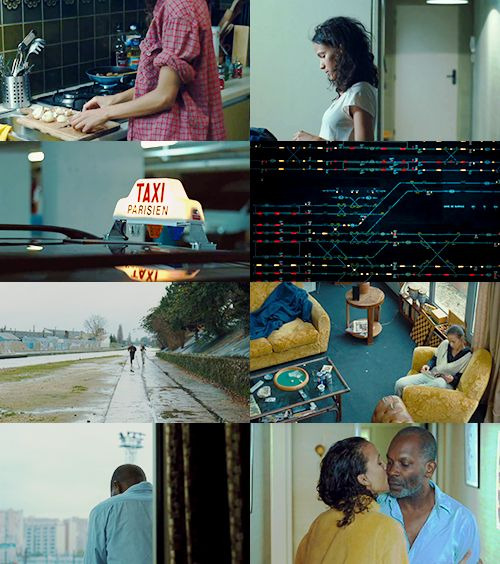
The film represents Paris’ differing racial demographics and features Black, working class protagonists. Denis, who grew up in colonial French Africa, has oft used her work to explore the ways in which race permeates our worldview. As we continue to have conversations about who has the right to tell certain stories, I feel Denis is an interesting example of an artist who has used her unorthodox cultural background to tell engaging stories involving people of color.
@theuncannyprofessoro
0 notes
Text
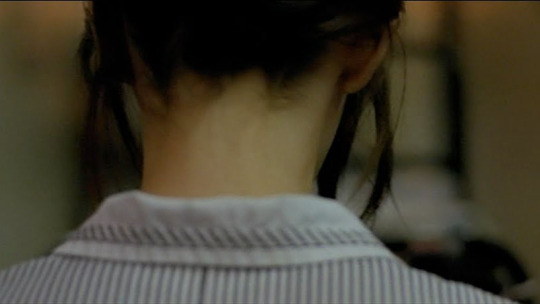
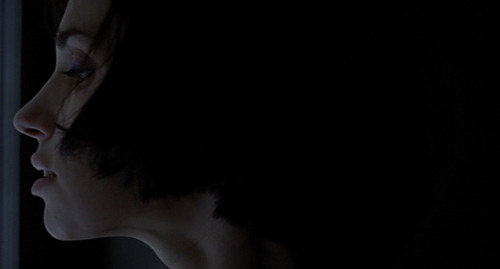
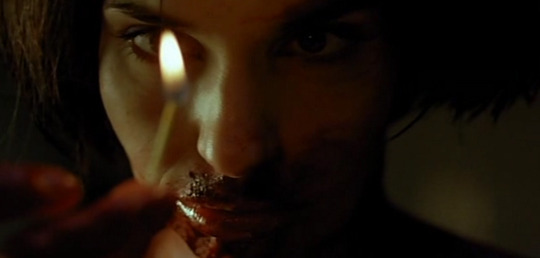
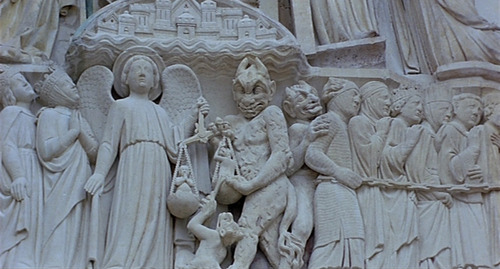
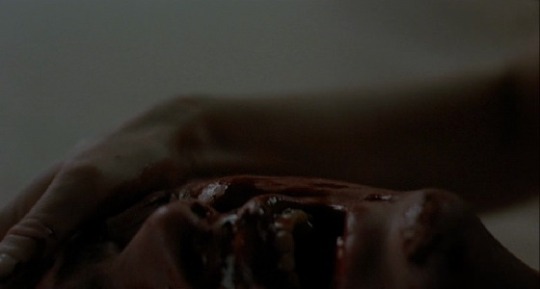
There’s possibly no other living director as in sync with the politics of touch as Claire Denis.
[…]
And while Trouble Every Day operates, superbly, as a biological-themed horror film, it would cheapen director Claire Denis’s achievement to say that she merely literalizes the violent implications of sex, even when manifested as traditional “romantic” lovemaking. Films have been linking sex with violence since their inception and, frankly, it’s not a particularly surprising conclusion with which to arrive. Denis, however, expounds on the notion of sex-as-violence with an unnerving clarity that appears to explain why acts of theoretical love and brutality assume such disconcertingly similar outward appearances, as both involve attempts to foster illusions of control where there aren’t any. Theoretically, sex involves a search for communion, intimacy, whereas violence is often an expression of dominance, and Denis shows that intimacy and dominance are similarly impossible concepts to realize with any degree of permanency, if we’re to be truthful with ourselves.
[…]
FULL
Trouble Every Day
[Claire Denis 2011]
#CLAIRE DENIS#trouble every day#great directors#great cinematography#tindersticks#jean pol fargeau#jean luc nancy#agnes godard#Vincent Gallo#film#cinema#movies#french film#nicolas duvauchelle#alex descas#cannibal love#philosophy
25 notes
·
View notes